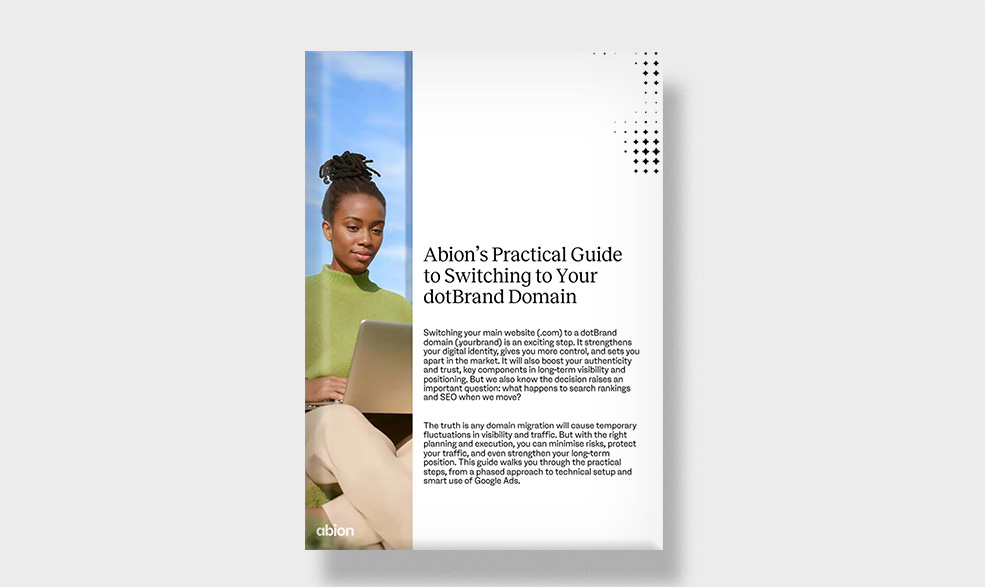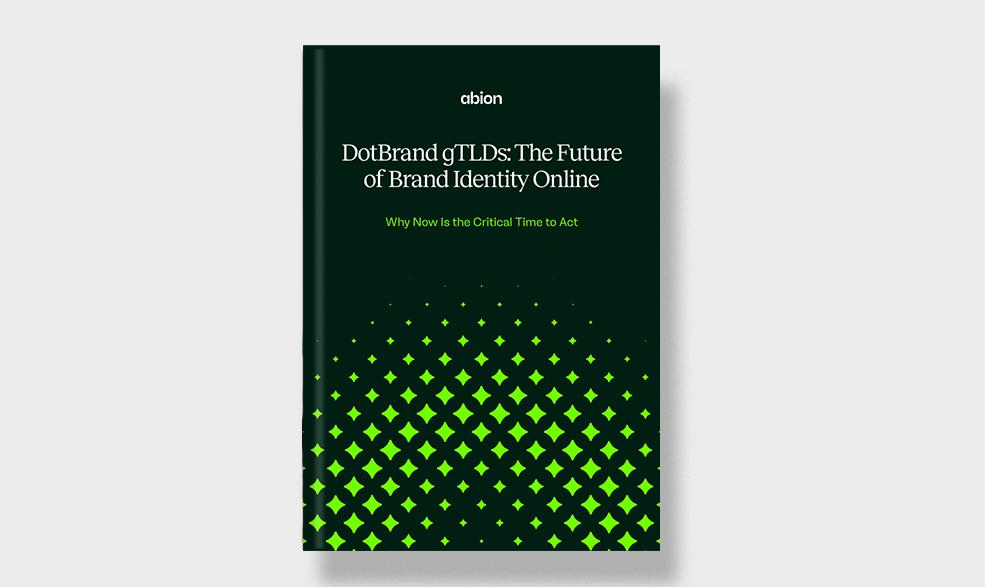5 famous cases of counterfeiting
- IP & Trademarks
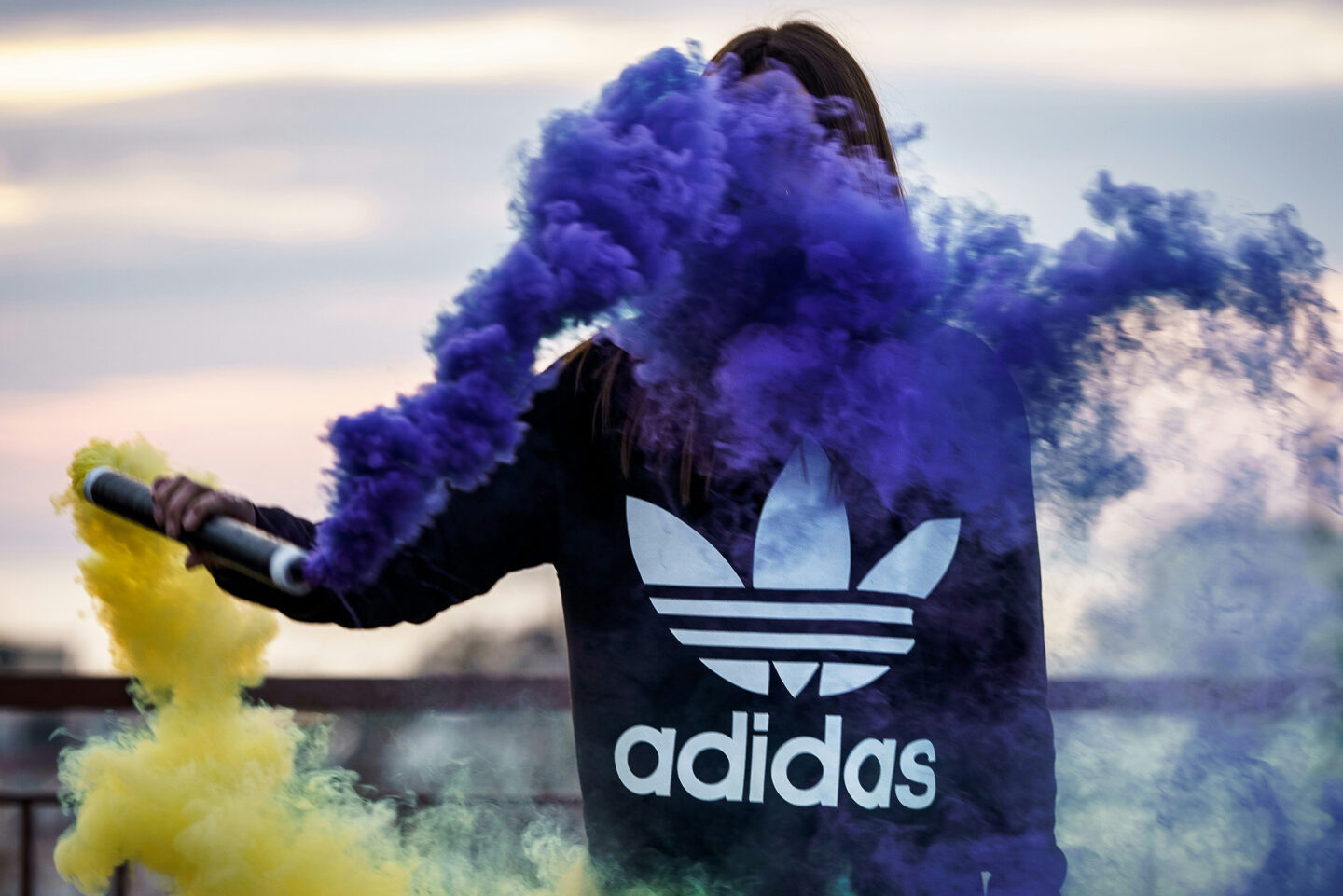
Counterfeiting is a global issue that affects both luxury and everyday brands, undermining the integrity of genuine products and deceiving consumers. These five notable cases are only the tip of the iceberg and serve to illustrate the scale of widespread challenges brands are facing today as well as the efforts employed in the attempt to combat the illegal trade of counterfeit goods.
1. Adidas forever defending against Forever 21 infringements
Adidas has a history of defending its trade marked three-stripe design, evidenced by a series of lawsuits against Forever 21 starting in 2015 and another case in 2017 involving the fast fashion retailer and its suppliers for trade mark infringement.
While an early lawsuit was settled in 2016, the details of a more recent out-of-court settlement were not disclosed. Forever 21 has countered by seeking a declaratory judgment on the use of stripes in its clothing, which Adidas has challenged.
The active litigation strategy by Adidas in the US, which has included actions against other major brands, underscores the importance of trade mark protection for intellectual property holders.
2. Gucci and Yves Saint Laurent VS Alibaba Group Holding Ltd
Gucci and Yves Saint Laurent filed a lawsuit against Alibaba Group Holding Ltd, accusing the Chinese online retail giant of trade mark infringement. The luxury brands allege that Alibaba has unlawfully facilitated the sale of counterfeit versions of their products on its online platforms.
3. Europol seizing fake clothes, accessories, and toys worth around EUR 166 million
In 2022, Europol launched two major operations to combat counterfeit goods across the EU. Operation Fake Star, from March to December, focused on apparel, footwear, and accessories, involving 17 countries and support from EUIPO.
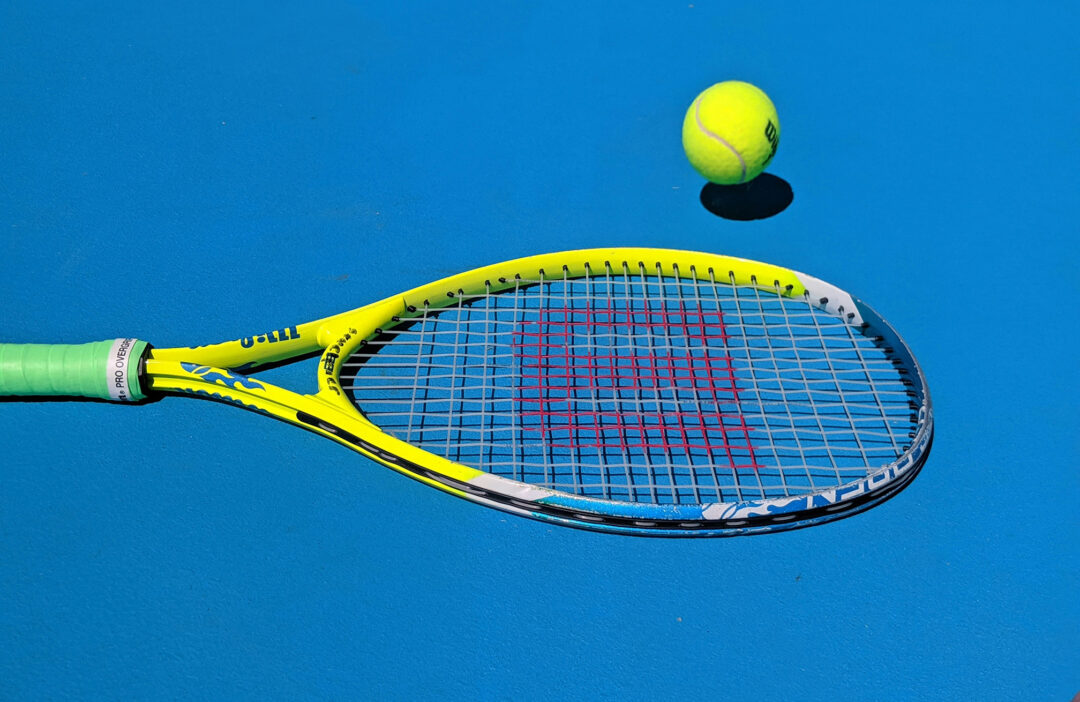
This operation led to the seizure of nearly 2 million fake items worth EUR 87 million, 378 arrests, and numerous judicial and administrative cases. Sports and luxury goods were the most confiscated, with criminals increasingly using social media for sales.
Following this, from October 2022 to February 2023, Europol coordinated with OLAF, EUIPO, and the World Customs Organisation to seize over 19 million counterfeit toys worth EUR 79 million, leading to reports of 205 individuals to Judicial Authorities and 298 to Administrative/Health Authorities.
4. Harmful ingredients in make-up and beauty counterfeits
Brand imitation of this nature poses risks to consumers. Inferior cosmetics lack the quality ingredients and safety standards authentic brands guarantee. In Grand Prairie, Texas, a counterfeit operation involving makeup and beauty products was uncovered.
Over an eight-month period, authorities seized counterfeit goods valued at over $40,000 and $15,000 in cash. The infringers sold these fake items at a major local flea market, passing them off as legitimate products and pricing them as if they were the real deal.
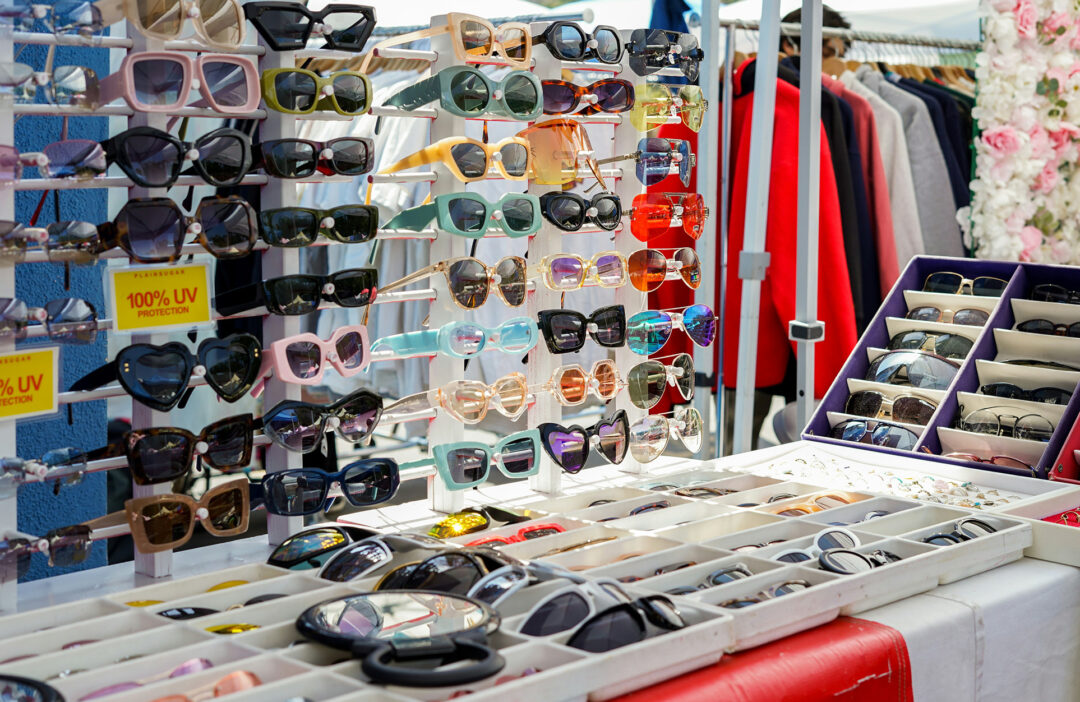
5. Xu Ting VS Gucci, Chanel, and Louis Vuitton
A woman named Xu Ting was involved in selling counterfeit versions of luxury brands such as Gucci, Chanel, and Louis Vuitton. In 2008, a lawsuit concluded with Xu Ting being ordered to compensate Chanel Inc. with $6.9 million for damages. The following year, a Florida court mandated the closure of seven websites she utilised to distribute fake items from Marc Jacobs, Celine, and others.
In 2010, Gucci, Balenciaga, Bottega Veneta, and Yves Saint Laurent filed another lawsuit, claiming the operation was a family affair involving her husband, brother, mother, and six additional accomplices. This network was accused of selling over $2 million in counterfeit bags and wallets online.
Key takeaways
- Counterfeiting majorly impacts brands globally, diminishing authenticity and deceiving consumers.
- Adidas vs. Forever 21: Adidas has engaged in legal actions since 2015 to protect its three-stripe trade mark from infringement by Forever 21.
- Gucci and Yves Saint Laurent vs. Alibaba: The luxury brands sued Alibaba for trade mark infringement, accusing it of facilitating counterfeit sales.
- Europol Operations: In 2022, Europol conducted operations seizing counterfeit goods worth EUR 166 million across the EU, including fake clothes, accessories, and toys.
- Gucci and Yves Saint Laurent vs. Alibaba: The luxury brands sued Alibaba for trade mark infringement, accusing it of facilitating counterfeit sales.
- Risks of Counterfeit Cosmetics: Investigations reveal counterfeit makeup and beauty products with harmful ingredients being sold, posing health risks.
- Xu Ting Legal Cases: Xu Ting faced lawsuits for selling counterfeit luxury goods online, highlighting extensive networks distributing fake items and the legal consequences.
Contact us!
Do you need consulting, advice, or legal services? Get in touch, and we'll assist you.

